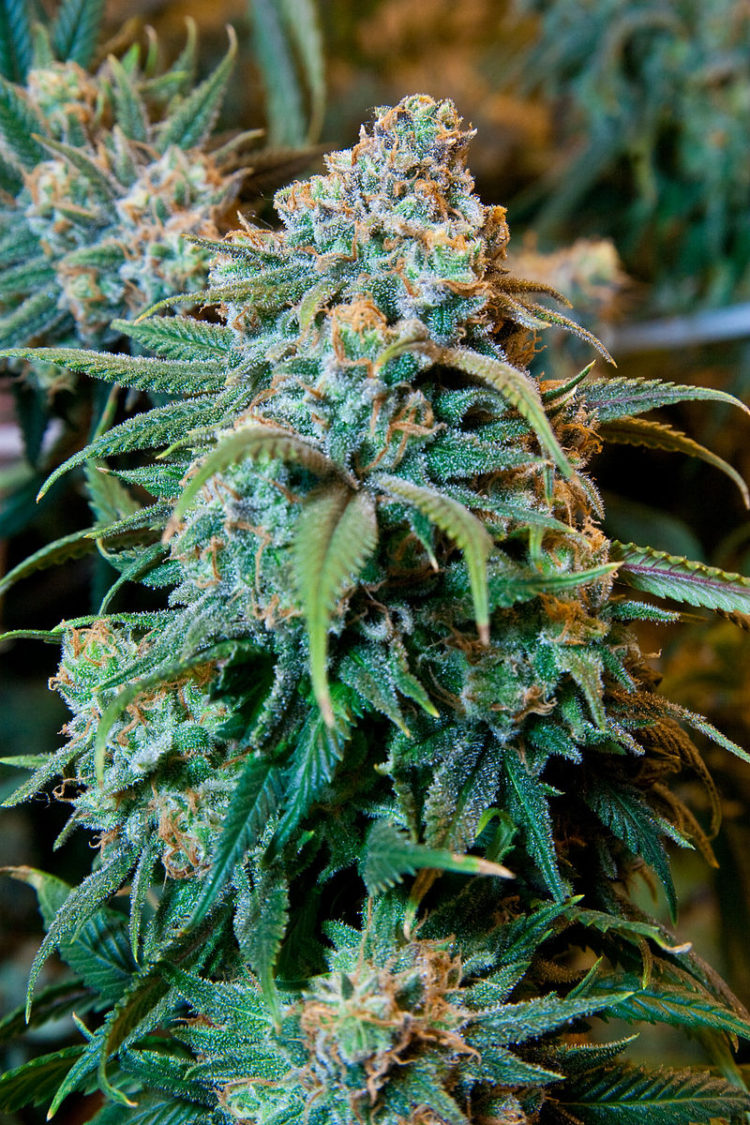By Tony Royden-
The Canadian government will be voting to legalise recreational marijuana on Thursday, in a major policy change.
Senators are set to vote on Bill C-45, the Cannabis Act, at third reading in the Senate on Thursday, after studying it for six months.
The scheduled vote for legalisation was part of an electoral promise of Prime Minister Justin Trudeau and the Liberal Party . The vote would allow adults in Canada to legally possess and use small amounts of recreational marijuana. It will set out parameters around the production, possession, safety standards, distribution, and sale of marijuana. The implication is that legal marijuana could be in the shops in Canada by August this year. The new law follows decriminalisation by a number of U.S . In California, cannabis for recreational use has been legal since December 2017. Nine other states including Washington DC have legalised marijuana for personal use for adults over the age of 21. Medical marijuana is legal in 29 states in the U.S, and this decriminalisation trend is likely to continue, as a Gallup poll in 2017 showed that 64% of Americans were in favour of legalisation including a majority of self-defining Republicans.
Canada’s new law will also create new Criminal Code offences for selling marijuana to minors. Under the new proposed federal law, it will be illegal for anyone younger than 18 to buy cannabis, but provinces and territories will be allowed to set a higher minimum age. Each Canadian province will roll out its newly legalised market in a slightly different way, creating about a dozen mini-laboratories within one massive test case.
Bill C-45 was originally introduced alongside Bill C-46 to address drug-impaired driving. It is still. Amendments to Bill C-45 have already been made by the Senate which forces the legislation to be sent back to the House of Commons if it passes. The Canadian government can still reject the amendment made by the Senate. If the House of Commons decides to adopt the changes made by the Upper Chamber, the bill could receive Royal Assent by week’s end. The practical application of the law will not be immediate. It will take between two to three months from the time of the new law before provinces and other stakeholders will be ready for retail sales. Several provinces and municipalities have already began setting up their legalised regime. Law enforcement agencies are already preparing for the multiple effects of drug use, including driving under the influence.
Governments, researchers leaders around the world will be very alert to the news. The full legalisation of Cannabis in Canada will lead to campaigners in other countries calling for their government to follow suit. Many governments like the U.K will be reluctant to do the same. Earlier this month, the TaxPayers’ Alliance issued a paper in favour of legalisation in Britain. The paper suggested that the legalisation of cannabis in the UK could save almost £900m a year in police, court and NHS costs. This excludes the huge revenues that could be generated from the taxation of any regulated businesses that would develop should the law be changed. Many in favour of legalisation argue that it would lead to better regulation of cannabis, which would have the effect of frustrating the black market. However, this is something strictly for Britain’s Parliament and those of other countries to consider.
This article is not an expression of support of legalisation by The Eye Of Media.Com, but simply a reporting of the news on this subject matter.




